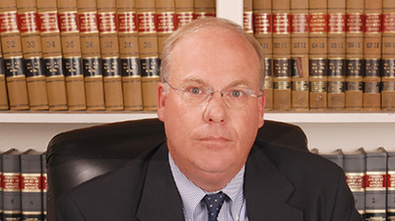All too often the courts are required to sort out and resolve the serious complications families can face when a loved one has died without a will. Regardless of how much property you have (or don’t have), your family may face the expenditure of unnecessary time and money in the settlement of your estate if you die without a will.
Exercise the power and control the law gives you to determine how your assets are to be distributed after you are gone by making a will. If you do not make your intentions and desires known by means of a will, the distribution of your assets will be governed by the state’s law of succession, which may be contrary to your wishes. We will be glad to assist you in making a will to ensure that your property passes into the hands of the recipients that you, rather than state law, have chosen.




